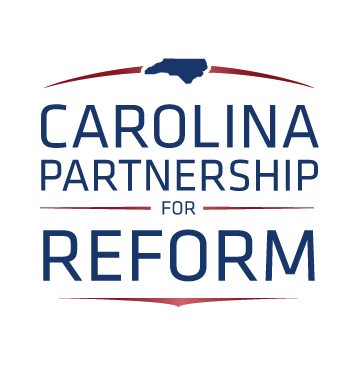N.C. State’s Ag School Unveils New Social Justice Requirements for Hiring, Promotion
“Integration of these policies into hiring and evaluation processes” is a “key initiative,” according to the school’s new strategic plan
N.C. State University’s College of Agriculture and Life Sciences (CALS) last week unveiled its “Strategic Plan 2030.”
The document shows the agriculture school intends to integrate social justice requirements into its faculty hiring and promotion policies:
“Implement new or expanded DEI priorities, training programs, and leadership development initiatives, including integration of these policies into hiring and evaluation processes.”
CALS’s decision to insert political requirements into faculty hiring policies seems at odds with the UNC System’s purported commitment to academic freedom.
At bottom, the question for CALS and the entire UNC System is this: Would faculty hiring and promotion policies disqualify prominent academics (described later in this post) from working or advancing at UNC System universities? If yes, those policies need to be scrapped immediately.
‘Acknowledging how you benefit from racist systems’
Like most university documents committing their institutions to social justice values, it’s strikingly difficult to grasp what exactly they’re committing to in practice. (U.S. Supreme Court Justice Clarence Thomas leaned heavily into this opacity in October, saying from the bench, “Diversity seems to mean everything for everyone.”)
An institutional commitment to, say, more aggressive student and faculty recruiting efforts targeting underrepresented demographics seems sensible. That’s what the University of California did with great success following the state’s ban on race-based admissions policies.
But that type of viewpoint-neutral tactic doesn’t appear to be what CALS has in mind. Instead, CALS seems to be pursuing an exclusionary policy that requires faculty to accept (or at least pretend to accept) one particular worldview grounded in social justice.
What is that worldview, exactly? Here’s one explanation among others on CALS’s own website:
“It’s difficult to talk about, but if you are white and feel uncomfortable acknowledging how you benefit from racist systems, think about how much more uncomfortable it is to be afraid for your life every time you leave the house.”
If this is the type of rhetoric N.C. State’s agriculture school expects its faculty to offer during “hiring and evaluation processes,” then that’s a major problem.
Competing worldviews
It’s undeniable that a worldview grounded in critical theory, which views all societal interactions as a power struggle between oppressors and the oppressed, is embraced by some academics. Those people, and that worldview, have a place in a university dedicated to academic freedom.
But it’s also undeniable that different worldviews, including those that explicitly reject critical theory, are embraced by other academics, including prominent black professors at Ivy League universities.
Here’s Brown University economist Glenn Loury, for example, explicitly rejecting the “racist systems” worldview publicly endorsed by CALS:
“So here’s my bottom line. We can lose ourselves in this pipe-dream narrative about ‘systemic racism’ if we want to, but the twenty-first century is not going to wait for anybody…I’d go so far as to say the activists are so busy bending over backwards to indict antiblack racism that they become racists themselves—racists in that they worship at this shrine of identity and privilege the claims of some people over other people based upon their racial identity.”
Would Loury pass the social justice litmus test that CALS may impose if he responded in this way during a faculty DEI training? Would Justice Thomas? The answer is obvious.
And that’s the crux of the problem with the hiring and promotion policies endorsed by CALS, the UNC School of Medicine, and other institutions in the UNC System.
Demanding adherence to one particular worldview to the exclusion of all others is not academic freedom, it is academic suffocation.
A vibrant and robust debate about how to view the world has played out for millennia. That debate will continue long after we’re gone. The role of a public university is to facilitate that debate, not pretend to offer a final and conclusive answer to it.
There’s something wrong in higher education.

